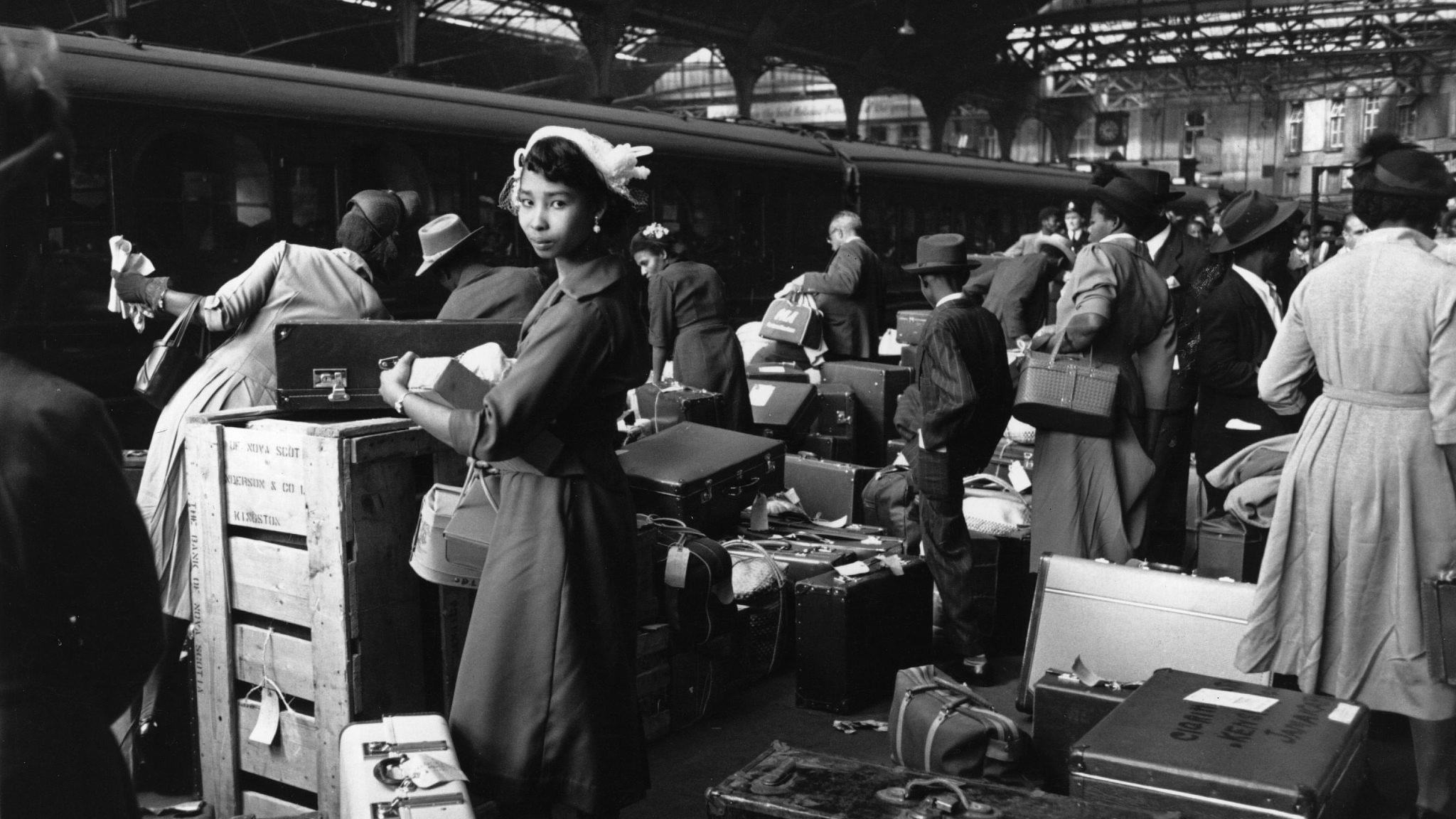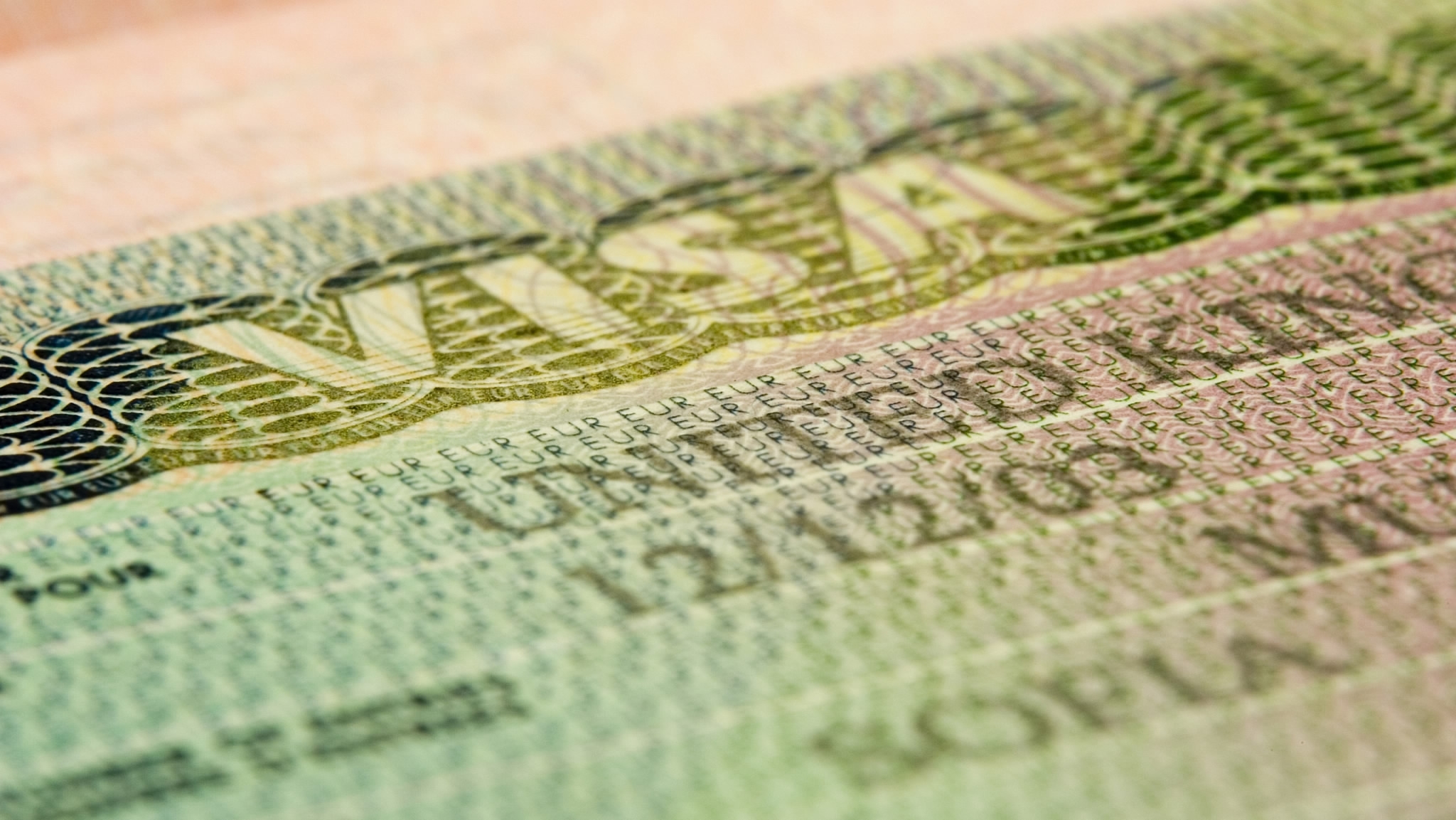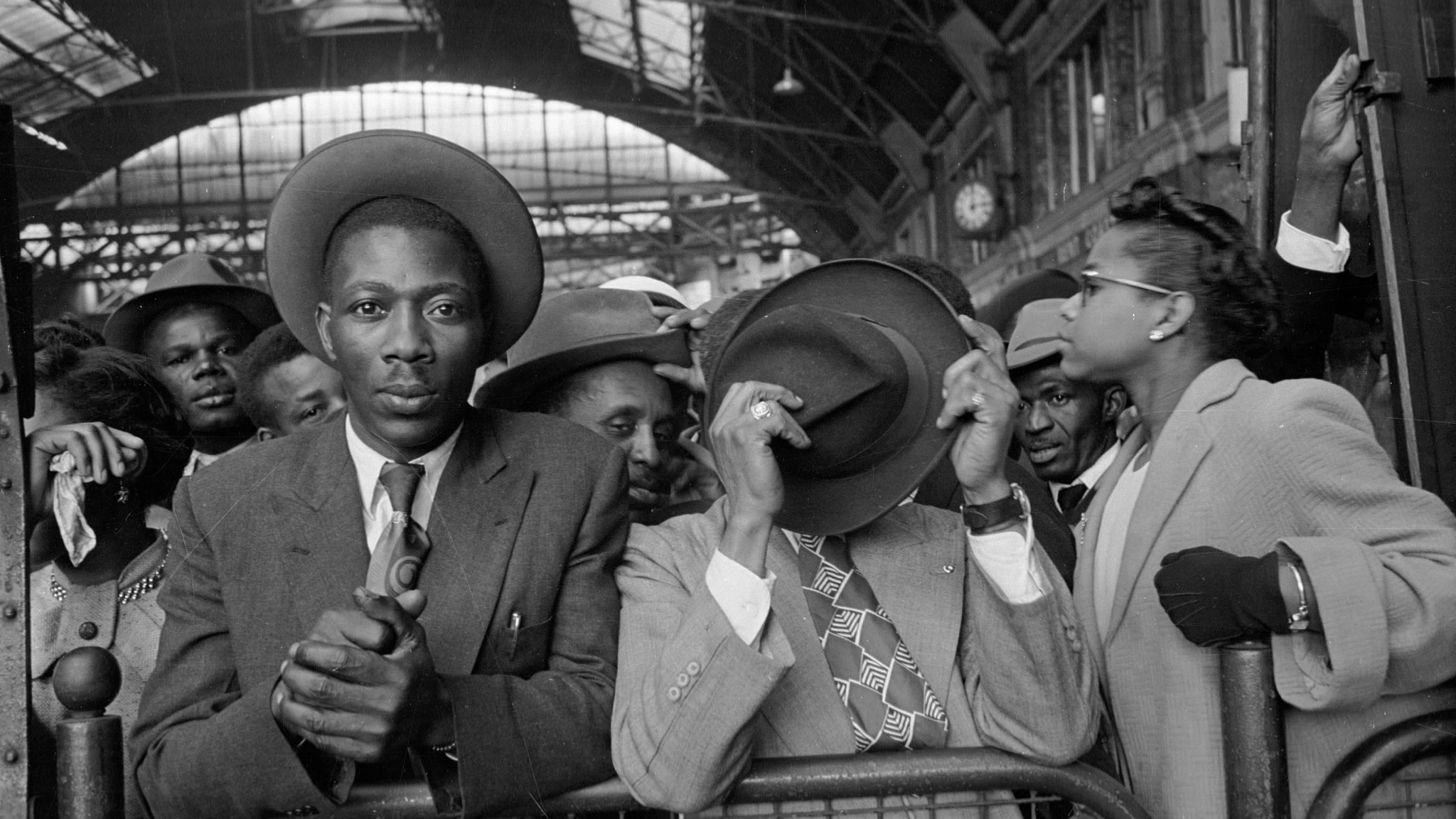
World
13:41, 14-Apr-2018
UK under attack over 'threat' to deport thousands
By Bertram Niles

Thousands of immigrants to Britain who became known as the Windrush generation are facing the ultimate nightmare.
They arrived mostly as children with their parents from former British colonies in the Caribbean and Africa between the late 1940s and early 1970s. But many are now being told that they are in the country illegally and could face deportation.
The first wave came aboard the Empire Windrush in 1948, shortly after the passage of the British Nationality Act which gave the status of citizenship to all British subjects connected with the UK or a British colony.
Some traveled on the ship in response to an advertisement that was placed in a Jamaican newspaper offering cheap transport for people who wanted to work in the UK.
Analysts say that period heralded the start of the building of modern multicultural Britain.

Tougher immigration checks on workers introduced by British Prime Minister Theresa May when she was Home Secretary have been linked to the rise in deportation threats. /Xinhua photo
Tougher immigration checks on workers introduced by British Prime Minister Theresa May when she was Home Secretary have been linked to the rise in deportation threats. /Xinhua photo
About 57,000 of the 500,000 who moved to Britain before 1971 could be at risk because they have not regularized their status, according to the Migration Observatory at Oxford University. The majority are believed to be from the Caribbean having arrived on their parents' passports.
The issue that some have already likened to that of America's Dreamers has come to the fore partly, some reports say, as a result of measures introduced by Theresa May, when she was the minister of the interior in 2013, for tighter background checks on immigrant workers.
Immigrants who had assumed they were always British were suddenly losing their jobs and access to state-funded healthcare.
According to the BBC, the issue was also complicated by changes in the 1971 Immigration Act. It gave all Commonwealth (former UK colonies) citizens already living in the UK indefinite leave to remain but ended the right to free movement between Commonwealth nations from that date onward.
However, the broadcaster said the Home Office did not keep a record of those granted leave to remain or issue any paperwork confirming it, meaning it is difficult for the individuals to now prove they are in the UK legally.
Many never traveled back to their countries of birth and had not applied for passports.
Take the case of Michael Brathwaite, who arrived from Barbados in 1961 at the age of nine.

Many of those affected had not applied for British immigration papers. /VCG photo
Many of those affected had not applied for British immigration papers. /VCG photo
The father of three lost his job as a teaching assistant two years ago after failing to produce a biometric card for working migrants.
“I didn’t have a clue what it was,” the 66-year-old told journalists. "I had sleepless nights, I became ill."
Only last week was he finally told that he could stay in Britain.
Jamaican-born Paulette Wilson, 61, is another such case. It took the intervention of her member of parliament to secure a reversal of a deportation order issued to her after 50 years of living and working in the UK.
One of her jobs was even as a cook at the House of Commons, the lower house of parliament.
Not surprisingly, the British government has been under fierce attack over the developments.
"This is grotesque, immoral and inhumane," tweeted David Lammy, an MP for a London constituency with a sizable immigrant population. "The government is retrospectively revoking citizenship rights that our government itself granted but failed to record properly decades ago. I will fight against this historic injustice with every bone in my body until this wrong is righted."
Diplomatic representatives of Caribbean governments in London weighed in on the issue.
"I am dismayed that people who gave their all to Britain could be seemingly discarded so matter-of-factly," said High Commissioner of Barbados Guy Hewitt. "Seventy years after Windrush, we are facing a new wave of hostility."

The arrival of Caribbean immigrants from the 1940s helped to hasten the growth of multicultural Britain. /VCG photo
The arrival of Caribbean immigrants from the 1940s helped to hasten the growth of multicultural Britain. /VCG photo
An online petition has been launched calling for an immigration amnesty for people who arrived as minors in Britain between 1948 and 1971. It has so far garnered more than 50,000 signatures.
The petition says: “Windrush Generation were invited as settlers and as British subjects. Minors also had the right to stay. We call on the government to stop all deportations, change the burden of proof and establish an amnesty for anyone who was a minor.”
In response, a British Home Office spokesperson said: "We value the contribution made by former Commonwealth citizens who have made a life in the UK.
"We want to assure individuals who have resided in the UK for an extended period but feel they may not have the correct documentation confirming their status that there are existing solutions available. We have no intention of making people leave who have the right to remain here."
(Top photo: Undated historical picture of early Caribbean mass migration to the UK. /VCG photo)

SITEMAP
Copyright © 2018 CGTN. Beijing ICP prepared NO.16065310-3
Copyright © 2018 CGTN. Beijing ICP prepared NO.16065310-3